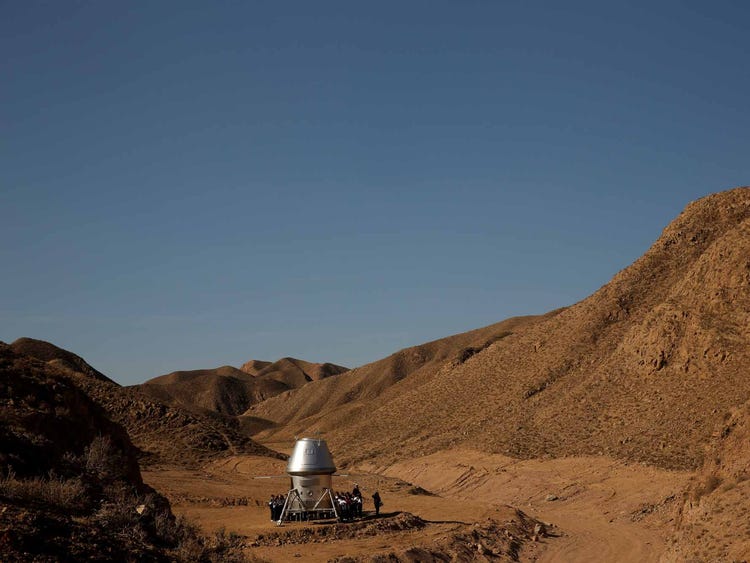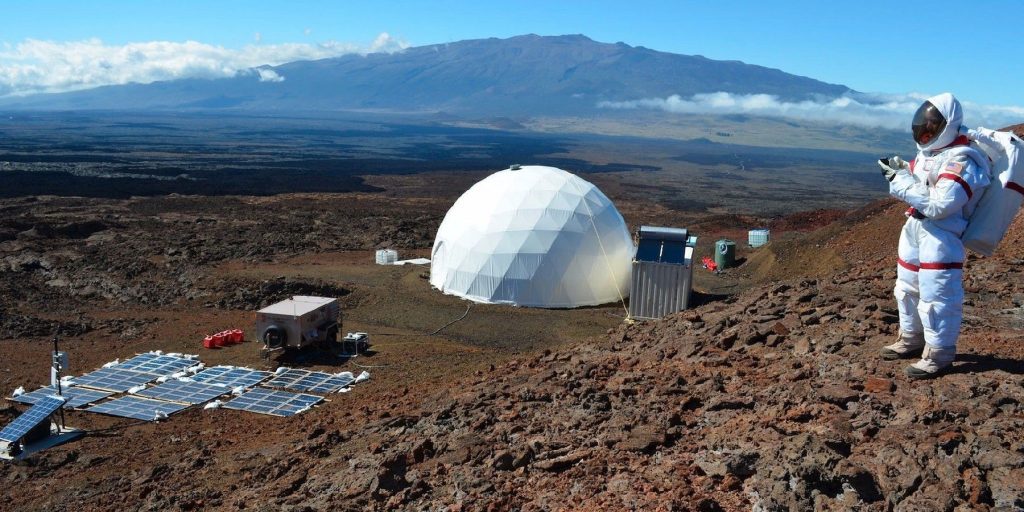A new study claims that once future humans on Mars reach high levels of self-sufficiency, they may go rogue against Earth. In recent years, there has been an increase in the number of simulations of Martian habitats, but these simulations do not always go as anticipated.
Crew members began to rebel against those who simulated Earth mission control during a 120-day isolation simulation of Mars. Project Sirius conducted the simulation at a facility near Moscow, Russia. According to the study, when crew members begin to face communication delays and lose views of “home,” they go through “detachment.” As a result, crew members in detachment resist mission control advice and make judgments based on their own priorities.

“The crews in simulated missions tended to reduce their communication with the mission control during the isolation, sharing their needs and problems less and less — with rare exceptions such as important mission events, like landing simulation,” Dmitry Shved, senior researcher at the Russian Academy of Sciences and co-author of a paper about the study, stated.
The isolation test results are understandable. Lock someone away in complete isolation for 120 days, knowing that communications will be delayed; anger is the least we should anticipate. In addition, the scientists who prepared the research acknowledged that stress conditions and low resources were part of the simulation. Still, critical aspects such as microgravity and sensory deprivation that astronauts will face on their trips were not included.

The study also found that women responded to stress differently than men, based on acoustic speech indicators, facial expressions, and content analysis of their conversations. The simulation exercise successfully identified new ways to develop mistrust and harm bonds with the crew in isolation since they were specifically looking to break that trust.
Despite the findings, Dmitry Shved believes that we shouldn’t be concerned until humans on Mars no longer require supplies from Earth.

“During the period when the Mars colonies will still be dependent on resupplies and people coming from Earth, the probability of severance of diplomatic relations seems rather low,” he explained.
While the study’s findings appear to be a script from an awful sci-fi movie in which a human colony on Mars rebels against Earth, there are numerous steps we must follow before even considering this. However, it’s probably better to communicate with mission control more frequently, especially in the early days of space colonization. Maybe we should be concerned about a future revolt of Martian astronauts.


